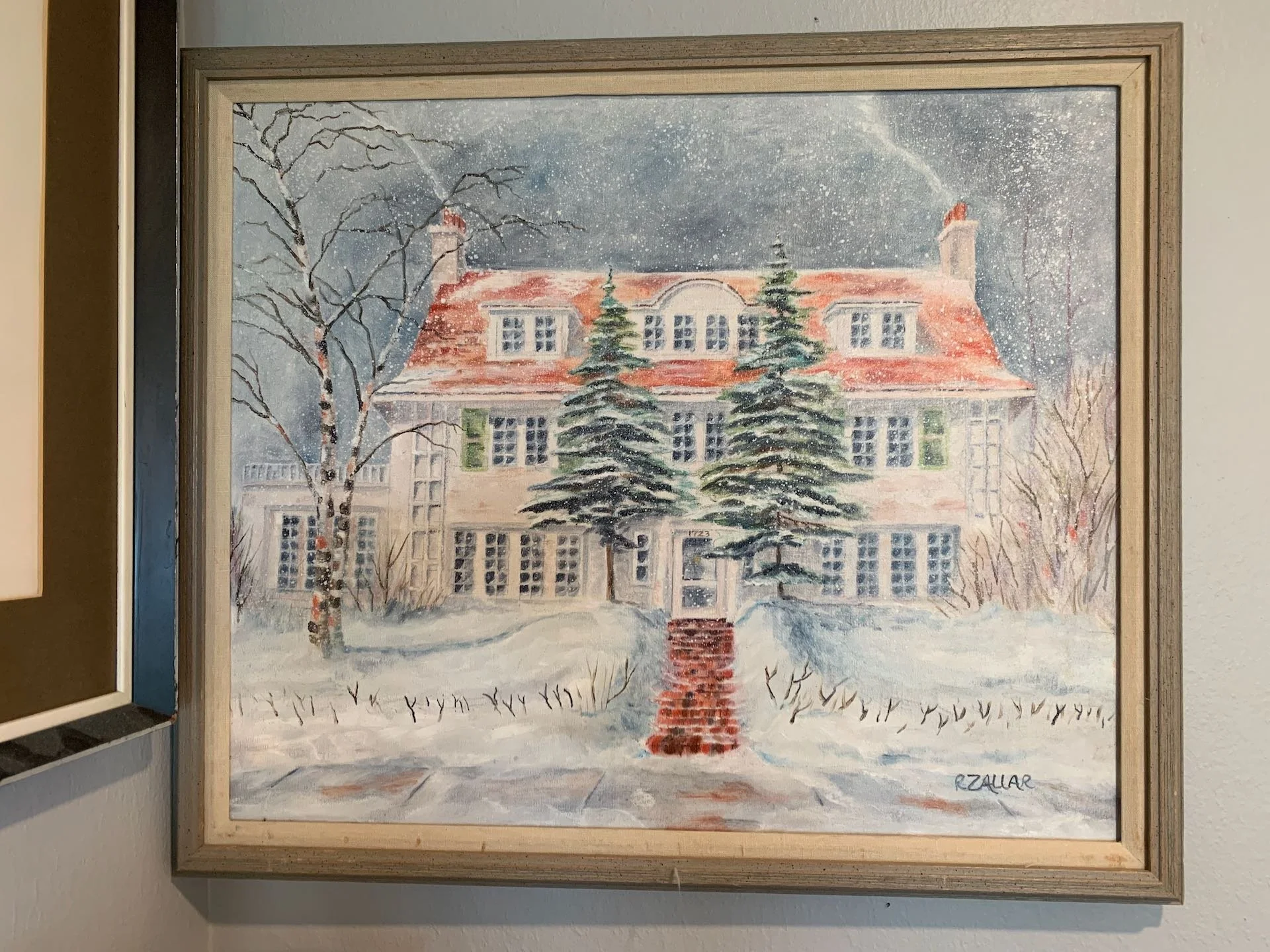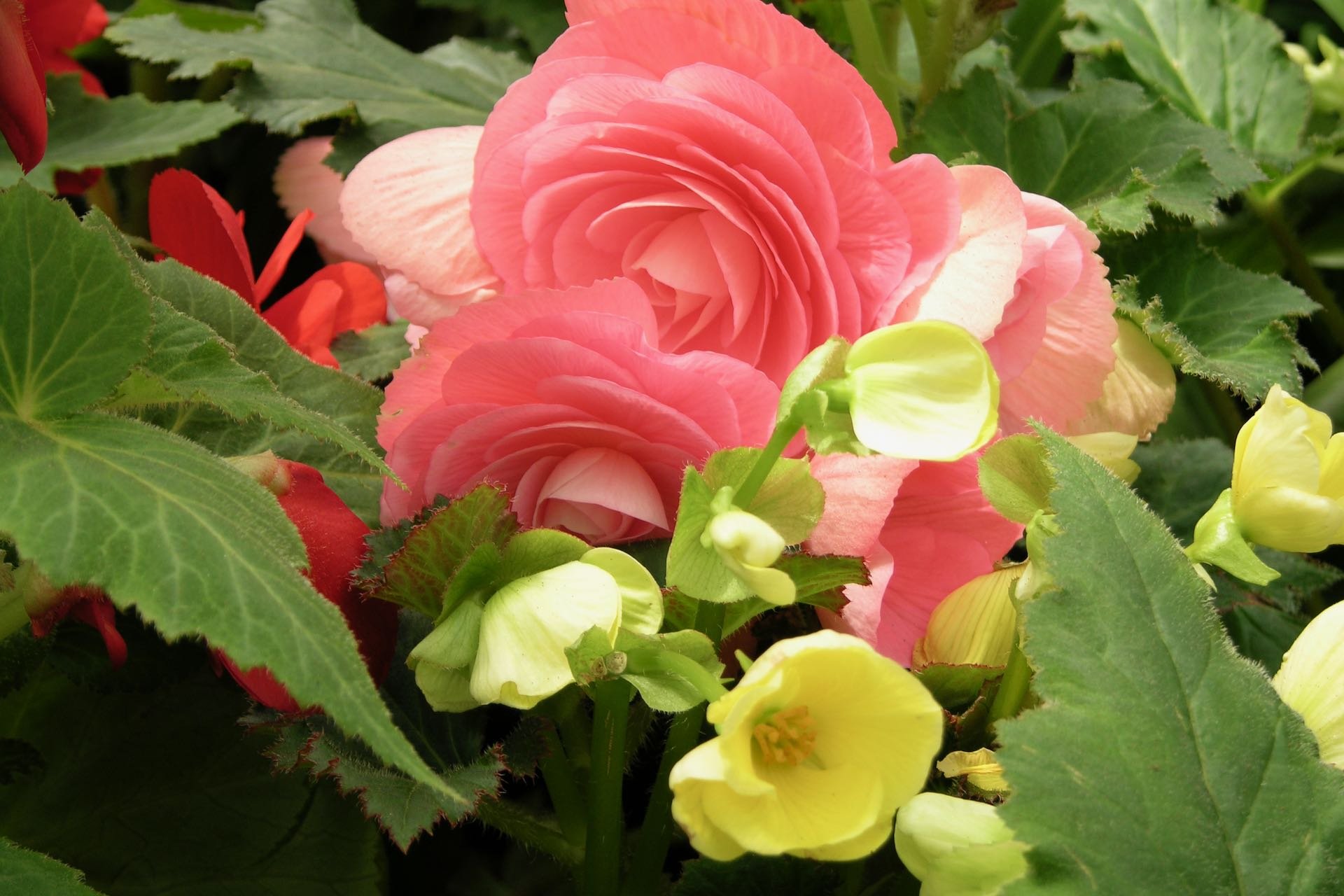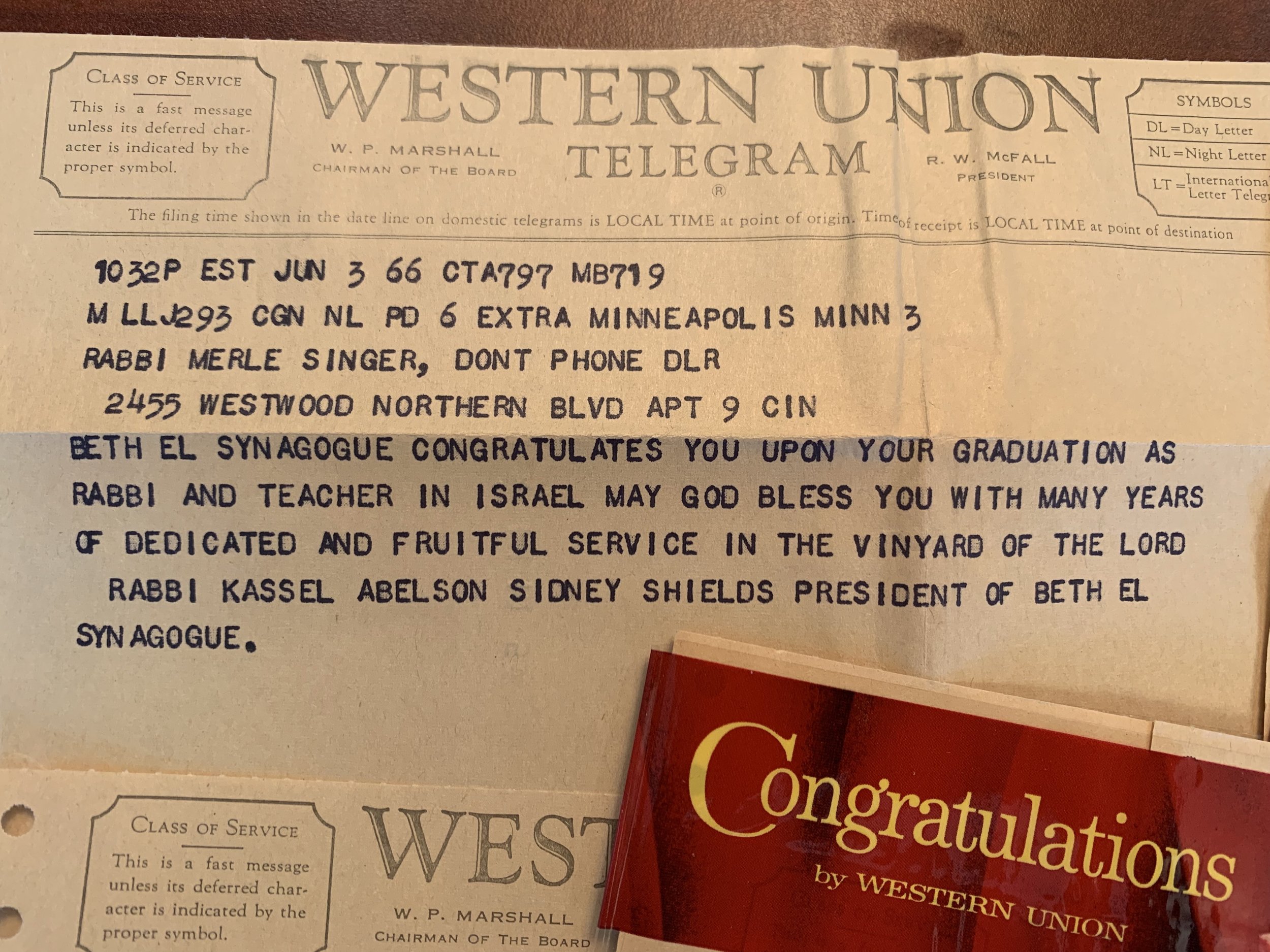You’ve Got to Believe in Magic
Something very important happened in my life when I was eleven years old. I was in fifth grade, and the second youngest child in a large family living in a big house in Duluth, Minnesota.
There were many, many days when I’d walk down the steps from our front door, heading to school, dreading the day ahead. My teacher, Miss Moore, didn’t like me very much and I didn’t like her at all. It was very clear that she had no respect for me while, I, as a student, was required to respect her.
It was a tough year for me. I worked hard at school, but I just didn’t connect to reading the way the other children did.
The harder I worked, the more frustrated I became. What Miss Moore didn’t know was that I was dyslexic. I didn’t know it either. It was only after I had earned two Bachelor of Arts degrees and completed a dissertation to earn my Master of Arts in Hebrew letters that I was diagnosed with dyslexia.
No one really talked about learning disabilities in the 1940s, and schools were pretty rigid in their teaching plans. I was frustrated and unhappy and it’s fair to say that I acted out here and there. But that year, my teacher opened a door for me that changed my view of the world, and my view of myself. I learned to believe in magic.
Every Friday, Miss Moore would end the week by reading a scene or a chapter from Frances Hodgson Burnett’s 1911 novel, The Secret Garden.
Source: https://chapterbreak.net/2016/05/20/book-review-secretgarden/
This is a well-loved children’s story about two spoiled rich kids. Mary, a sickly and difficult ten-year-old orphan comes to live in her uncle’s massive country house in England. She doesn’t like the place and has a rough time getting used to it. There are many servants, but her uncle is a self-centered man, often away from the house indulging in his interests and travels.
One day, Mary discovers the arched doorway to a secret garden. A little bird brings her a key to unlock the door where she finds an overgrown and neglected garden that has been shut away since her aunt died, ten years earlier. Mary sets to work to restore its beauty and soon both the garden and Mary begin to transform.
Mary also discovers another great secret. Hidden away in an upstairs room she finds her cousin, a young boy who is a bedridden invalid with a nasty temperament. Mary believes that if she can get Colin to love the garden as much as she does, that its magic will work wonders on him, as it has for her.
Sitting in my classroom listening to this story every Friday, I became enthralled, and imagined myself in the garden, feeling the power of that magical transformation. I thought about the little bird and the key it carried to Mary. In time, the book helped me find my way to the very enticing world of imaginative play. I enlisted my sister Marilyn, and together we began making up, and acting out our own fanciful stories.
We would imagine creating our own garden. We talked what we would plant, and how we would take care of it, and. how beautiful it would be. This was during the the tough years of World War Two, and we were greatly comforted by our escape to our imaginary world of our own garden. We talked about it for years but we never did plant that garden.
Still, in thinking back, I see the great value we had just from having the ability to go to our garden in our minds. It was a safe and secure place, free of troubles, and it was always there for us.
Where you plant a rose, a thistle can’t grow.
I learned that there was a lot more to life than struggling to decode a word on a page, or to read a sentence without tripping over the words.
We laughed and we had so much fun with stretching our imaginations and playacting. The words in our stories flowed out of me without hesitation.
My frustration gave way to a new form of expression that helped me understand I was good at some things.
My sister’s friends became my friends and I came to understand the true joy of entering that new world of acceptance. I realized that a little bird had dropped a key in my hand that had opened the way to a better life for me.
Marilyn grew up to become a teacher and shared her unique gifts in helping children with learning difficulties. I became a rabbi.
You can’t prove that magic exists, but you can develop a willful belief in yourself.
Some years ago, I was reminded of my love for The Secret Garden when I discovered a special garden in North Carolina. I was so impressed that I made this little movie about it.
What the eye sees, the mind knows.
First, you have to let go of what you may believe to be the inflexible, hard reality of your life. Like the children in the story, give up your selfish and self-centered ways. It is only when you open your heart, and make friends with that little bird who is near you, waiting to bring you a key to your happiness, that you will see that hope is always in you, ready to blossom into a better day.
Shabbat Shalom,
Rabbi Merle E. Singer



